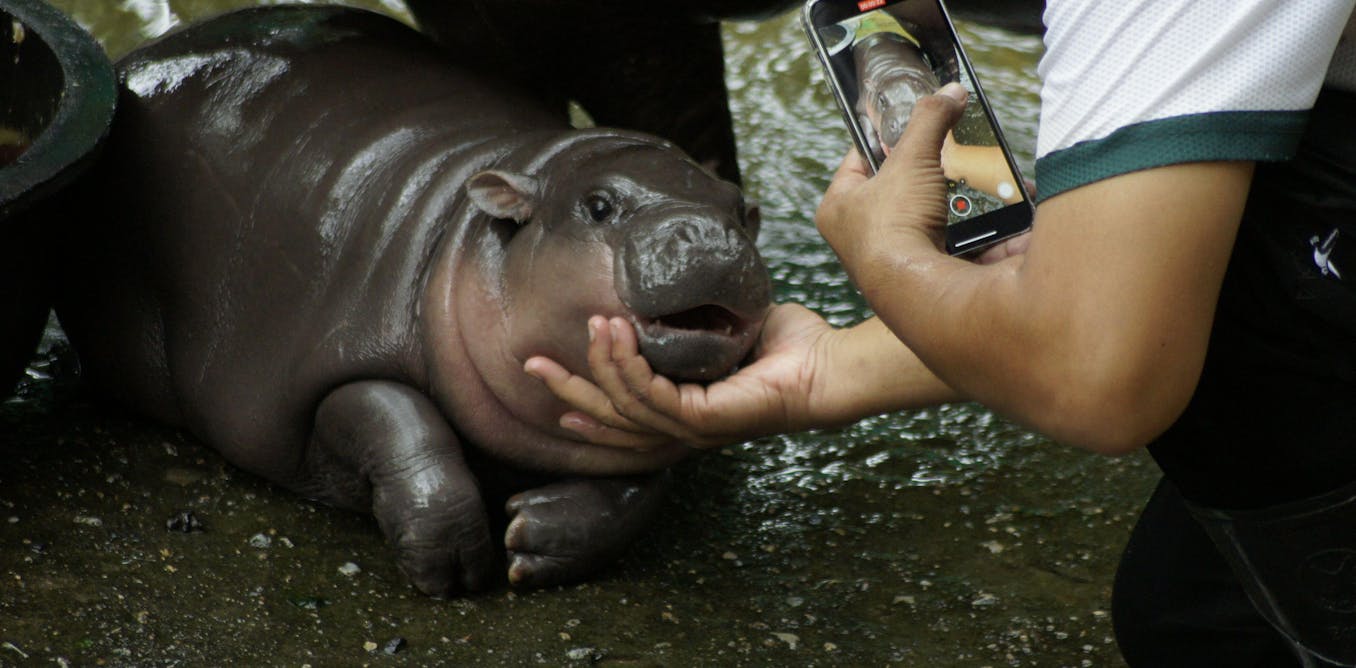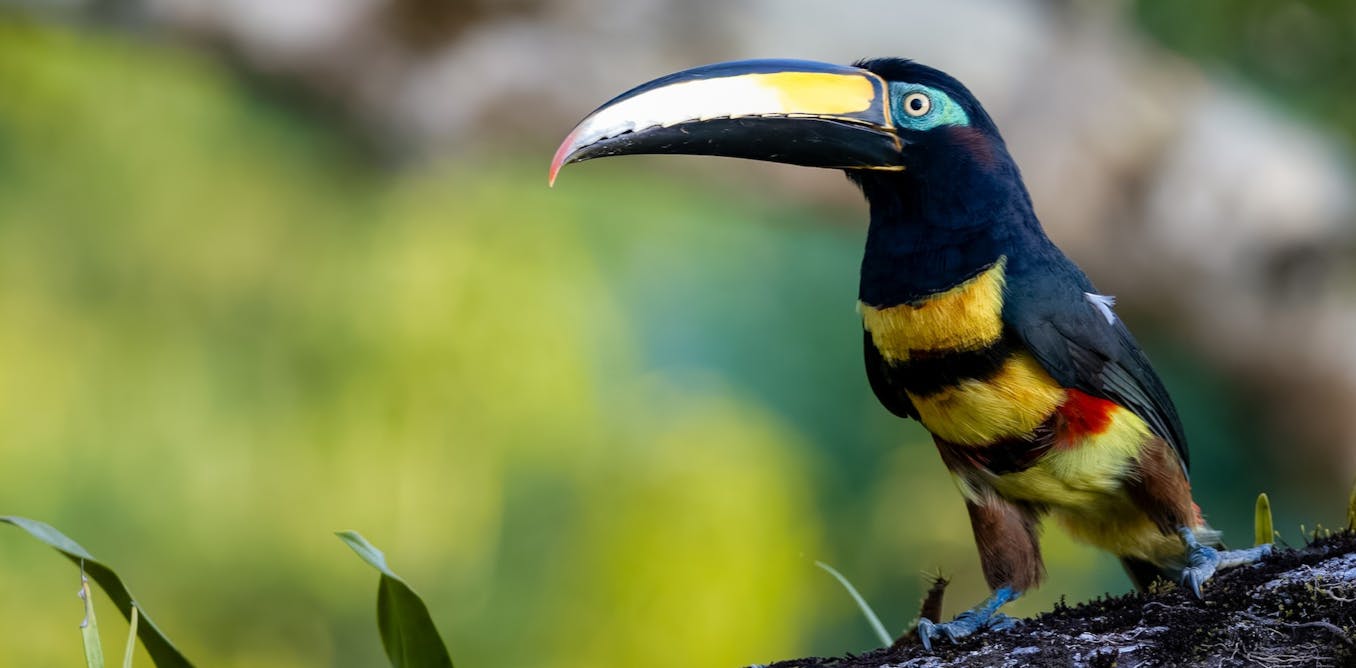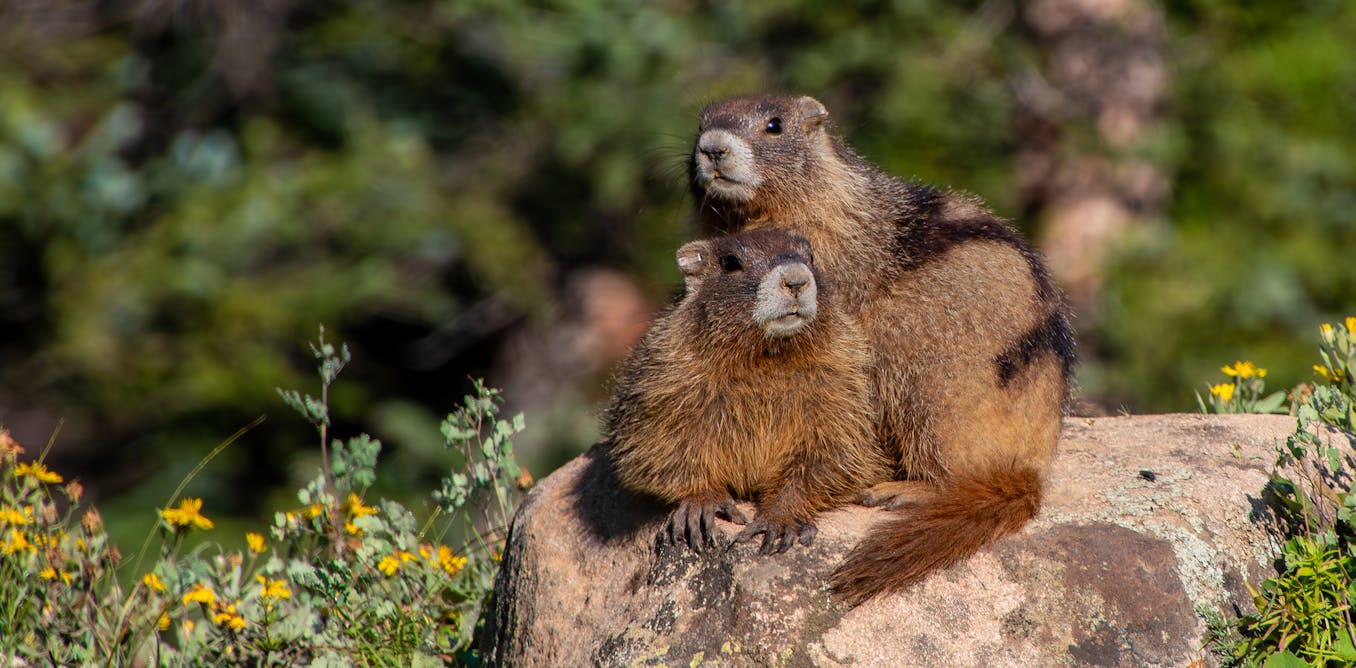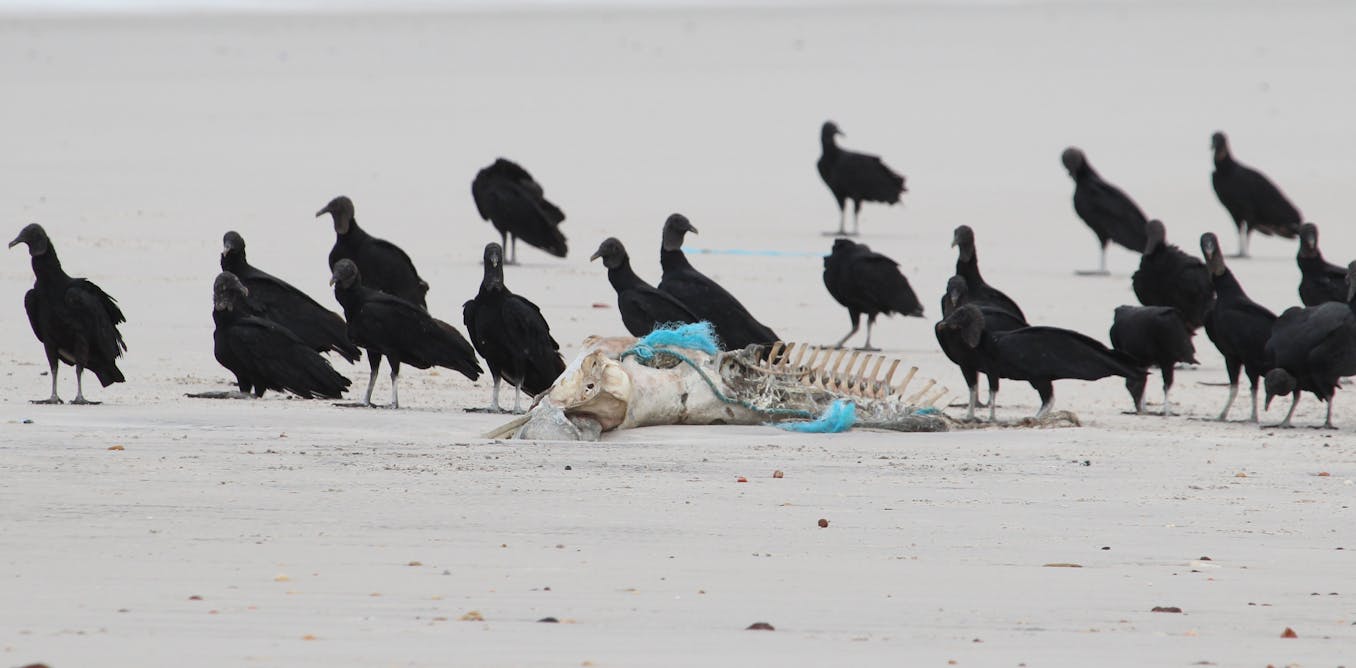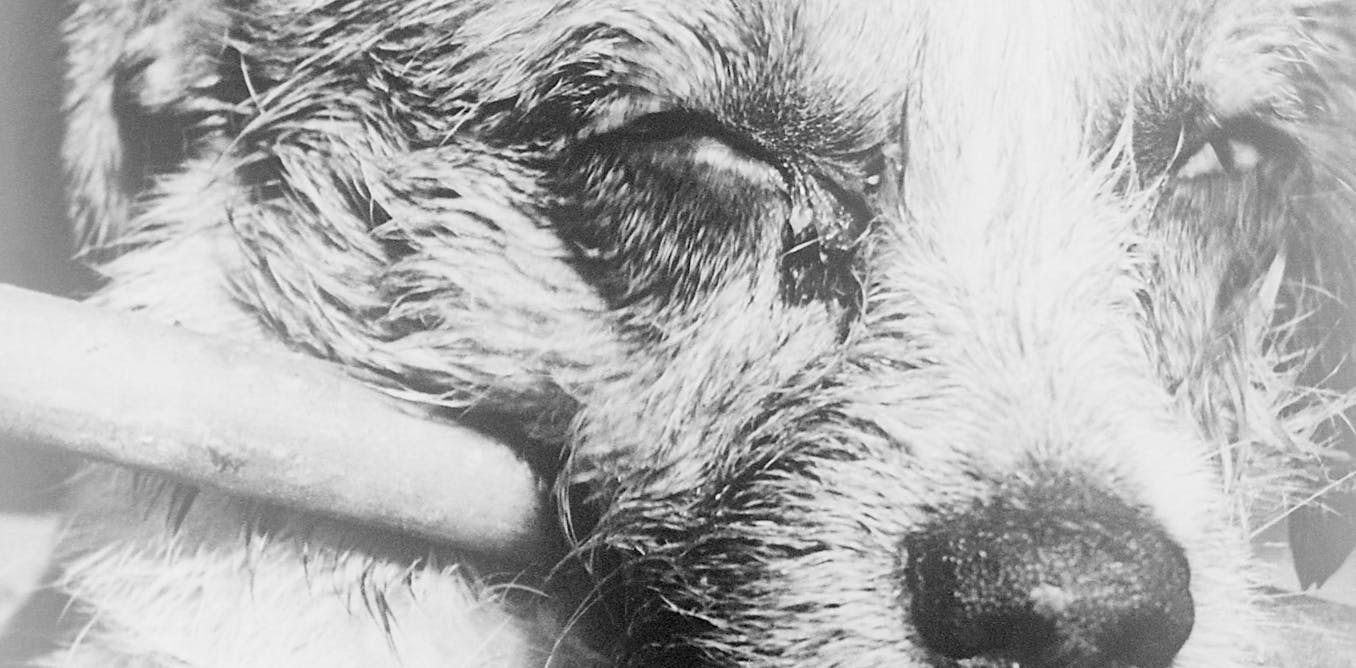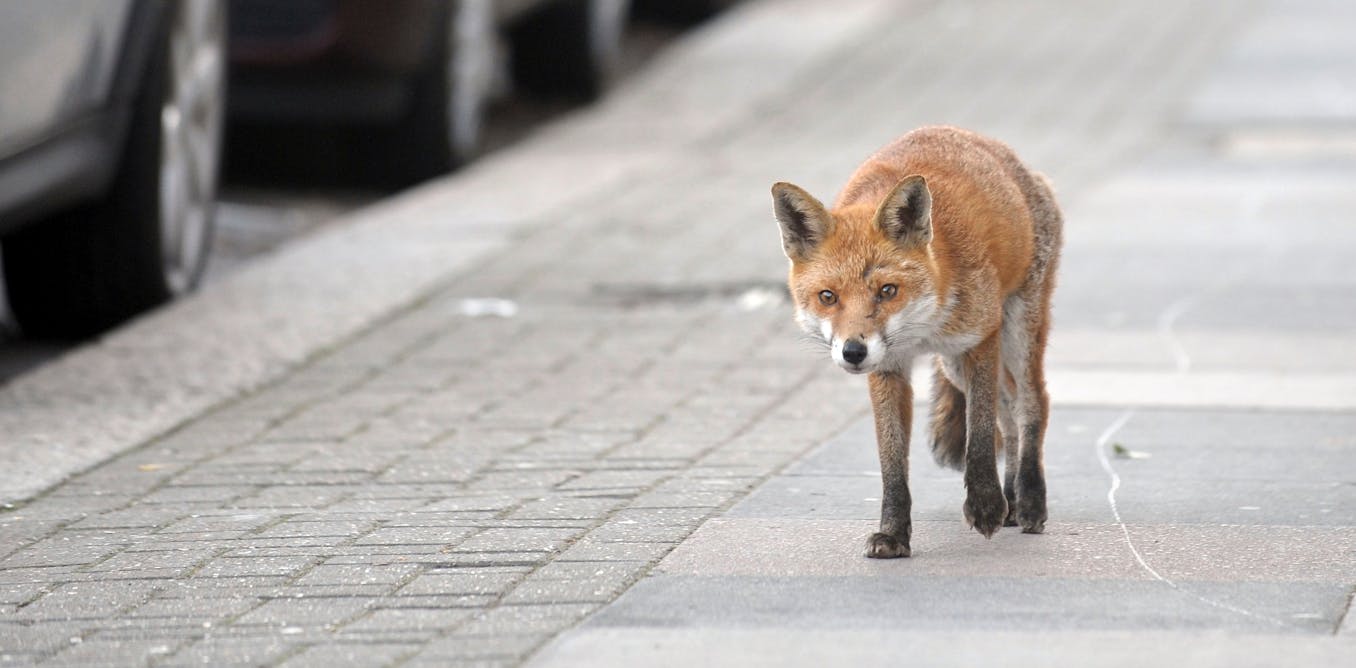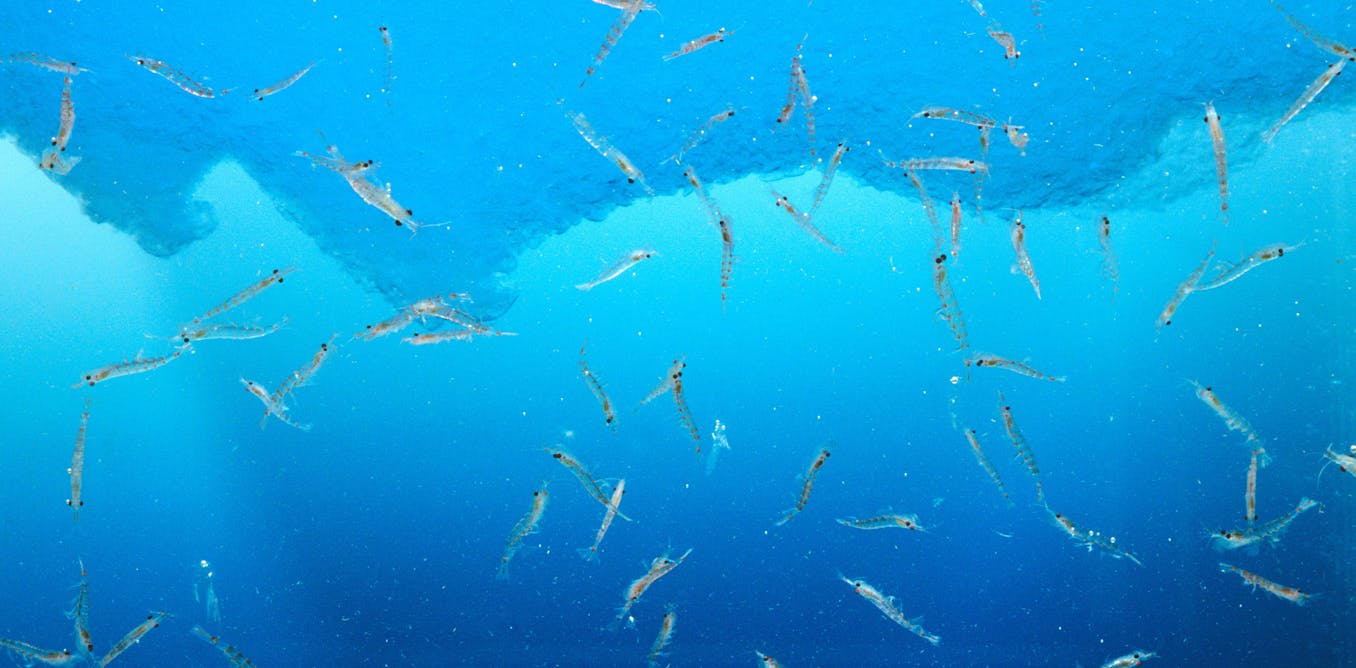Wild animals can experience trauma and adversity too − as ecologists, we came up with an index to track how it affects them
New research finds that marmots who experience adversity early in life have a lesser chance of survival.
Xochitl Ortiz Ross, Ph.D. Candidate in Ecology & Evolutionary Biology, University of California, Los Angeles •
conversation
Oct. 21, 2024 • ~10 min
Oct. 21, 2024 • ~10 min
Maasai Mara’s Indigenous forest is disappearing, with drastic consequences
For the Maasai, Nyekweri forest has such a high ecological and socio-cultural value. But new conservancies aren’t working as best they could.
Gabriella Santini, PhD Candidate, Anthropology, UCL •
conversation
Oct. 3, 2024 • ~8 min
Oct. 3, 2024 • ~8 min
Airdropping vaccines to eliminate canine rabies in Texas – two scientists explain the decades of research behind its success
Two rabies epidemics in animals spurred a state health emergency in Texas and a program that oversees annual mass wildlife vaccination. Millions of doses have been distributed since the ‘90s.
Charles Rupprecht, Affiliate Professor of Veterinary Medicine, Auburn University •
conversation
Sept. 26, 2024 • ~9 min
Sept. 26, 2024 • ~9 min
Even as urban foxes get bolder, people appreciate rather than persecute them, say psychologists
A recent study tested whether messages about bolder urban foxes are biasing how people feel about them.
Charlotte Hopkins, Senior Lecturer, School of Environmental Sciences, University of Hull •
conversation
Sept. 25, 2024 • ~6 min
Sept. 25, 2024 • ~6 min
Antarctic krill store as much carbon as the world’s mangroves, salt marshes and seagrass beds
For the first time, we used a computer model of ocean currents to show that krill waste products don’t need to reach great depths to achieve carbon storage for at least 100 years.
Emma Cavan, Senior Lecturer, Department of Life Sciences, Imperial College London •
conversation
Sept. 17, 2024 • ~6 min
Sept. 17, 2024 • ~6 min
/
39

